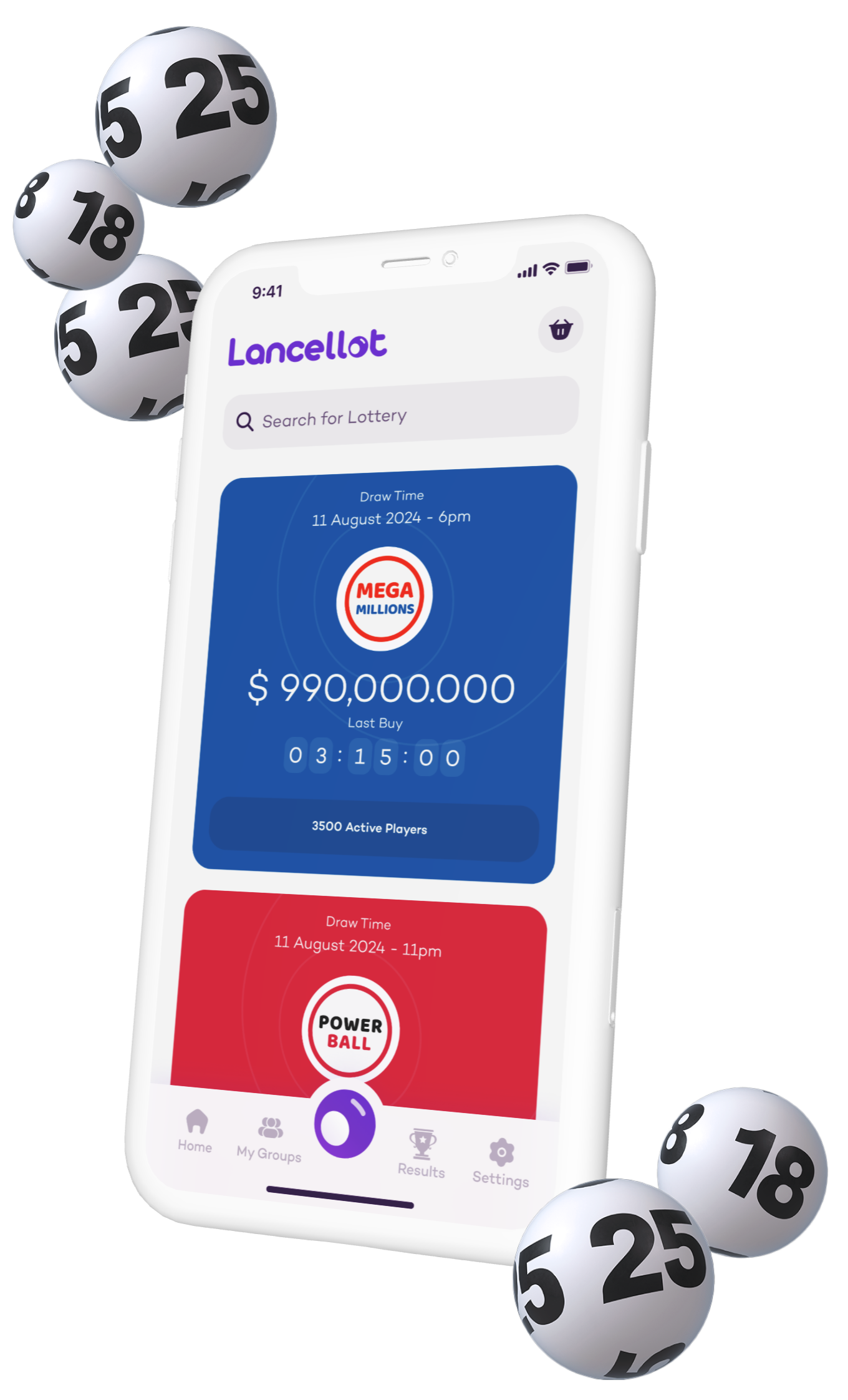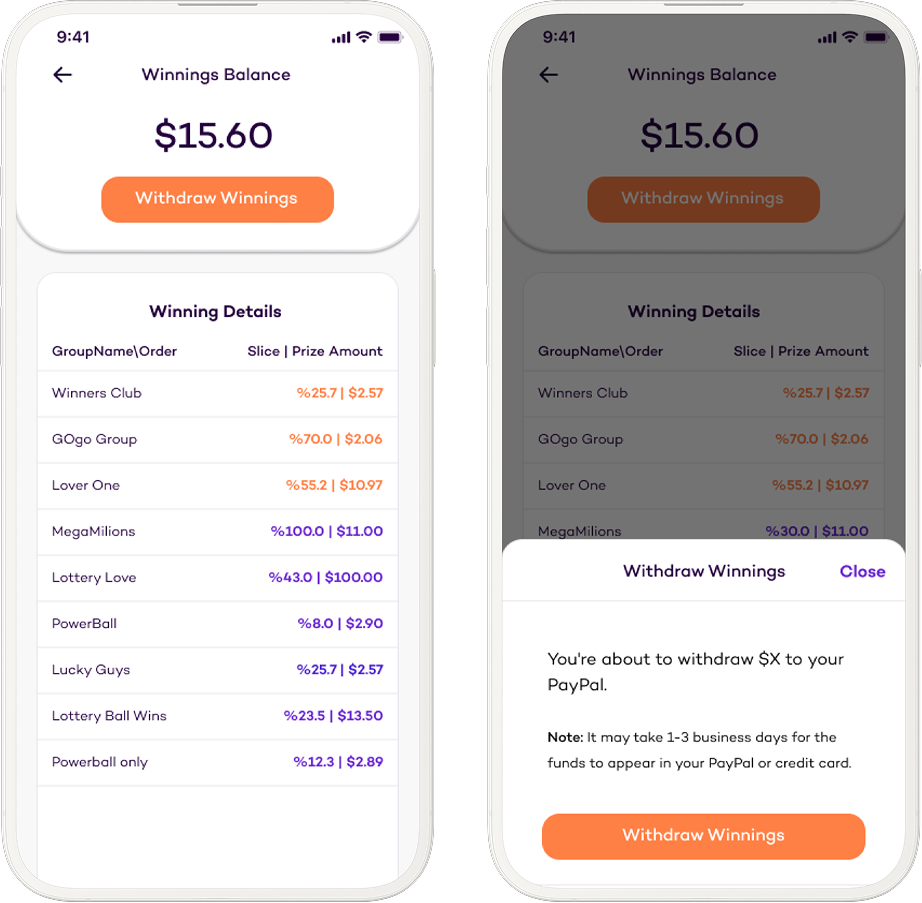In a case that has the lottery world buzzing, a California Mega Millions winner has filed a lawsuit claiming entitlement to the full $395 million jackpot. The claimant, Faramarz Lahijani, argues that he purchased two identical winning tickets in the December 8, 2023, drawing but has only been awarded half of the prize.
The Backstory
The winning numbers—21, 26, 53, 66, 70, and Mega Ball 13—matched on two tickets Lahijani says he bought at a Chevron gas station in Encino, California. For over 30 years, he has been playing the same numbers, chosen by his children, and his consistency paid off in the form of a massive jackpot.
But here’s where things take a dramatic turn. While Lahijani submitted one winning ticket and received $197.5 million, he alleges the second ticket has been misplaced. With no other claimants for the second ticket, Lahijani believes he should be declared the sole winner and entitled to the full jackpot amount.
The Legal Argument
In his lawsuit, Lahijani names the California State Lottery Commission and the State of California as defendants. His argument hinges on the belief that his two ticket purchases effectively make him the sole winner of the jackpot. The absence of another claimant, he contends, strengthens his position.
Lahijani’s legal team claims the California Lottery failed to uphold its duty to administer the game with fairness and integrity. By not recognizing his purchase of two winning tickets, the suit alleges, the Lottery has breached its obligations.
The lawsuit also delves into California Lottery rules, which state that winners at each prize level share the pool equally. Since no one else claimed the second winning ticket before its expiration, Lahijani argues he should be awarded the full prize.
Lottery Rules at the Center of the Case
California Lottery rules are clear about one critical requirement: to claim a prize, a winner must present a valid ticket. The rules also emphasize that players are solely responsible for keeping their tickets secure. According to the Lottery, if a ticket is lost or destroyed, the responsibility lies with the player, not the commission.
This puts Lahijani in a difficult position, as he must prove he purchased both winning tickets despite not being able to produce the second one.
What’s at Stake?
In addition to the remaining $197.5 million, Lahijani is seeking compensation for financial losses, emotional distress, and legal costs. The lawsuit describes the financial and psychological toll the situation has taken on him, including anxiety, embarrassment, and mental anguish.
The case has now been assigned to a California judge, and Lahijani has demanded a jury trial. The outcome could set a precedent for how lotteries handle disputes involving lost tickets and unclaimed prizes.
The Bigger Picture
This case serves as a stark reminder for lottery players: securing your ticket is as important as winning the prize. Losing a winning ticket can lead to not only missed opportunities but also prolonged legal battles.
For lotteries, this case could spark discussions about improving ticket security and exploring new ways to verify claims. Could technology such as blockchain or mobile ticketing help prevent disputes like this in the future?
What’s Next?
As the legal battle unfolds, the lottery community will be watching closely. Will Lahijani’s persistence pay off? Or will the California Lottery’s rules on ticket submission hold firm? Either way, this case is sure to influence how lotteries and players approach ticket security and claims.












